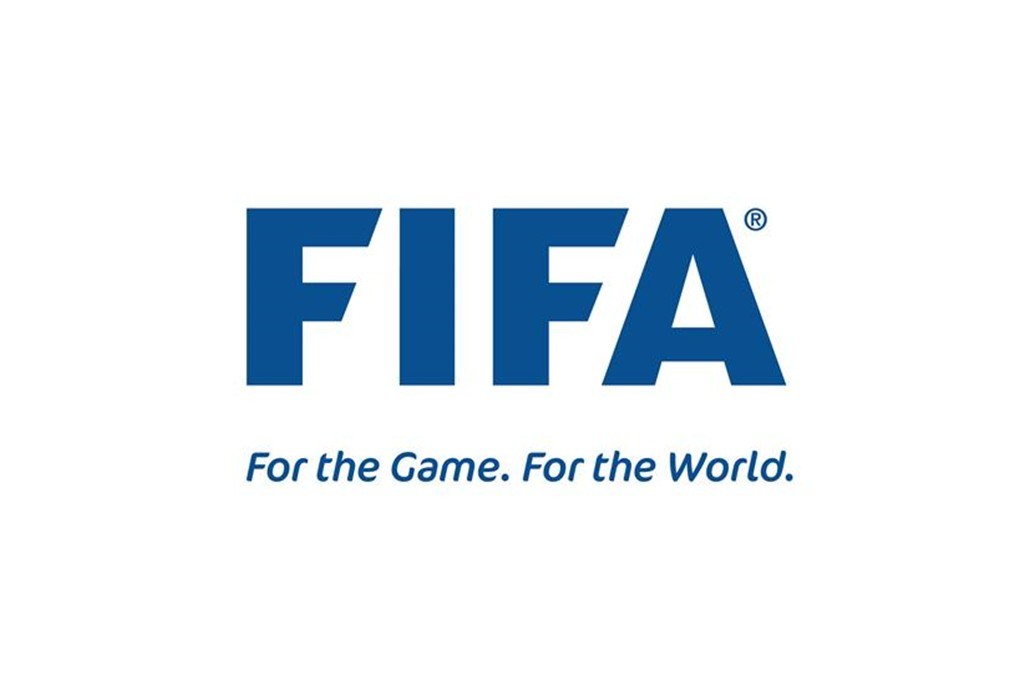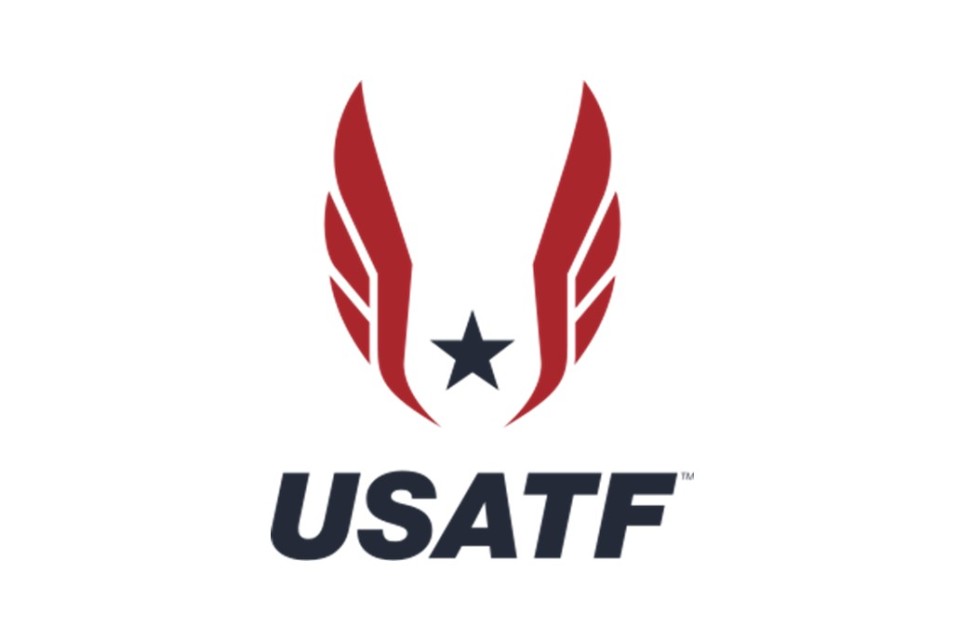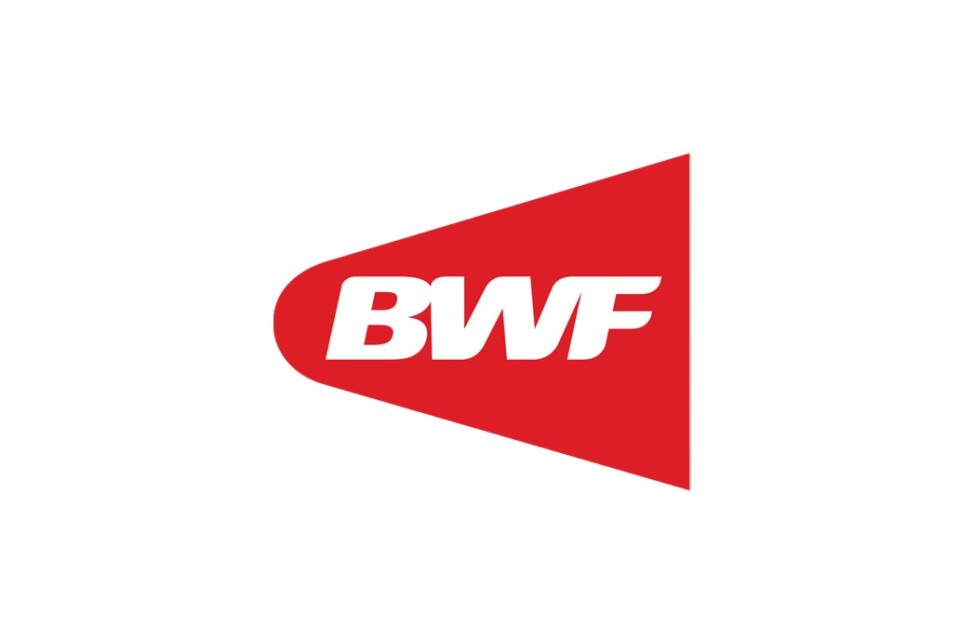Tue, August 05, 2025
FIFA faces multibillion-pound claim following CJEU ruling, with transfer rules believed to have affected around 100,000 players

Following the European Court of Justice’s (CJEU) ruling last year that FIFA’s transfer regulations were unlawful, around 100,000 current and former players are seeking multibillion-pound compensation in a class action, as reported by The Guardian.
In October 2024, the CJEU ruled that FIFA’s transfer laws were unlawful after it refused to provide former Chelsea and France player Lassana Diarra with an International Transfer Certificate (ITC) to join Belgian club Charleroi in 2016.
Diarra was found to have breached his contract with Lokomotiv Moscow 2 years prior, and he was fined €10.5m and suspended for 15 months by FIFA. However, Diarra then filed a counterclaim, and the court agreed that FIFA acted unlawfully by not allowing him to transfer because of his breaches.
Charleroi had sought confirmation from FIFA that Diarra would be able to transfer and that it would not be liable for any of the costs owed to Lokomotiv. However, FIFA failed to deliver on this.
The CJEU ruled that FIFA infringed upon EU competition law and the right to free movement of workers. Belgian footballer Jean-Marc Bosman’s legal challenge established the principle of free movement of players out of contract in 1995.
The court also ruled that FIFA’s regulations which required buying clubs to cover the cost of compensation for a player who broke a contract “without just cause” were anticompetitive.
The CJEU stated: “First, the rules in question are such as to impede the free movement of professional footballers wishing to develop their activity by going to work for a new club. Those rules impose considerable legal risks, unforeseeable and potentially very high financial risks as well as major sporting risks on those players and clubs wishing to employ them which, taken together, are such as to impede international transfers of those players.”
Since then, FIFA has updated its transfer laws, but the International Players’ Union FIFPRO has not accepted them yet.
Dutch foundation Justice for Players (JFP), which has former England Assistant Manager Franco Baldini on its board, has now announced its intention to file a class action lawsuit against FIFA and the football associations of France, Germany, the Netherlands, Belgium and Denmark. The players involved in the lawsuit are seeking compensation for losing income due to FIFA’s transfer rules since 2002. Compass Lexecon economists estimated that the players would have earned 8% more if they were not restricted by FIFA.
The costs of the class action lawsuit will be covered by Deminor, an international litigation funder that takes on cases in return for a cut of any awarded damages. According to JFP, this will be capped at 25% of any damages plus the costs of the proceedings, as stated by The Athletic.
As Dutch law allows claims from anyone who has worked within the European Union and United Kingdom, the claim will be filed in the District Court of Midden-Nederland. FIFA and the 5 aforementioned football associations have until September to respond.
Although the Football Association (FA) is not named as a defendant, it may be added as one at a later stage. The case will start during the first quarter of 2026. It is then likely to take at least three years before there is a verdict.
In November, Sport Resolutions partnered with Fountain Court Chambers to host a very successful seminar titled “Competition & Sport” for our panel members and guests.
Two esteemed speakers from Fountain Court Chambers, John Mehrzad KC, who focuses on Sports, Commercial and Employment Law, and barrister Daniel Carall-Green, with a broad practice and a particular specialism in competition work, provided an insightful discussion on the historical relationship between competition law and sport, and how it has evolved over time. They also covered the legal, geo-political and economic nature of the numerous competition issues in sport within their informative discourse. The podcast can be found here.
FIFPRO’s statement can be found here.



